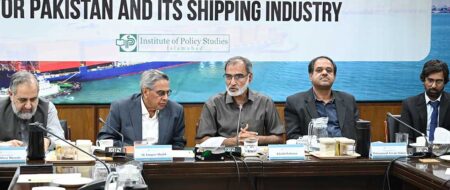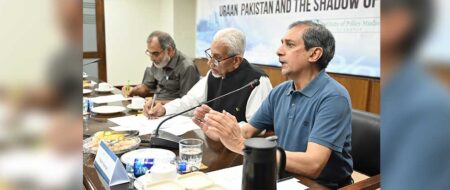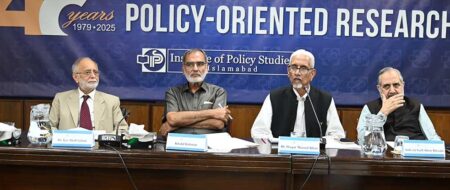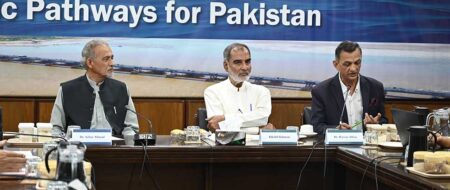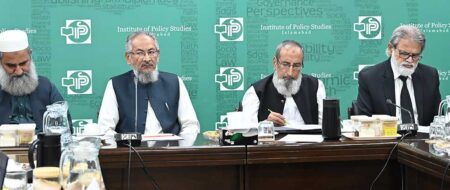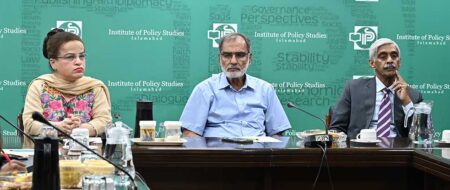Electricity underutilization, circular debt demand urgent power sector reforms
To address the challenge of electricity underutilization, privatization can be a viable option, provided certain prerequisites are met. The process should follow a phased, step-by-step approach. For other issues in the power sector, such as uneven cost recovery and rising circular debt, urgent reforms are needed in governance, service quality, and demand-side management to restore consumer trust and enhance grid efficiency.
This was observed at a roundtable titled “Addressing Electricity Underutilization and Affordability: A Demand Side Approach to DISCOs Reforms,” which was held at the Institute of Policy Studies (IPS), Islamabad on June 02, 2025. The session was addressed by Amer Zia, chairman board of directors, LESCO and MEPCO, Muhammad Asim Ejaz, chief engineer IESCO, Zubair Chaudhary, general manager finance, CPPA-G, Afia Malik, senior energy economist, Pakistan Institute of Development Economics, and Khalid Rahman, chairman IPS. The session was chaired by Mirza Hamid Hassan, former federal secretary, water and power.
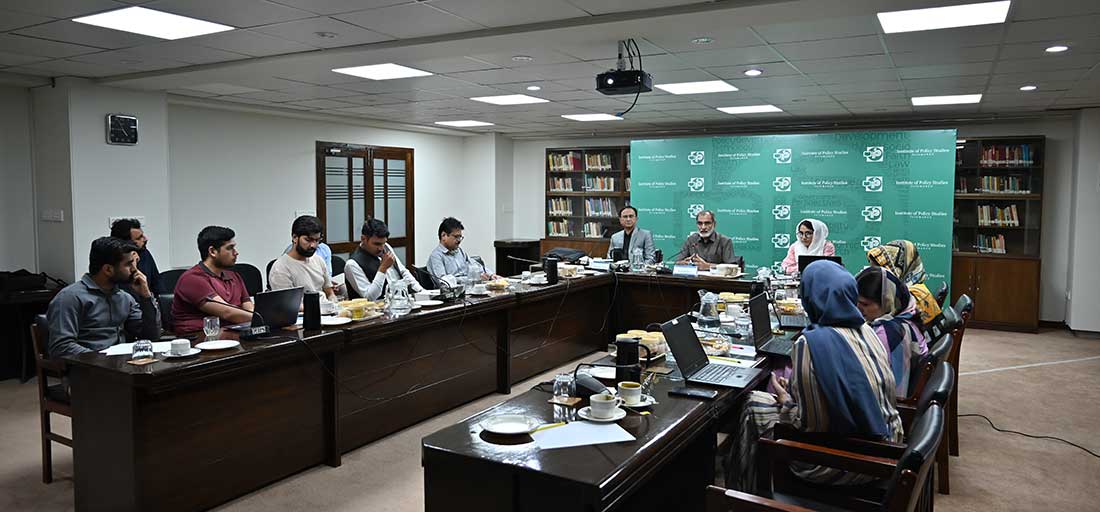
Amer Zia noted that electricity underutilization remains a persistent issue, which can be mitigated by ensuring a reliable power supply and improving both the quality and availability of service. He identified poor service quality as a key factor behind underutilization, driving consumers to alternative sources such as captive power and solar energy. He highlighted that three distribution companies (DISCOs) – IESCO, FESCO, and GEPCO – are currently undergoing privatization. He asserted that the process is well-planned, well-managed, on track, and free from bureaucratic or political influence. He added that the boards are independent in their decision-making and are working efficiently to deliver results and address operational challenges.
Zubair Chaudhary supported Amer Zia’s views on the privatization of DISCOs but noted that it is a complex issue. He argued that performance depends more on the operating environment than on ownership status. Nonetheless, he acknowledged that privatization could help improve management and operational control. Discussing cost recovery and electricity underutilization, he pointed out that recovery is concentrated on a small segment of consumers despite the system being fully utilized. He noted that the rise in solar adoption has further complicated the issue of underutilization.
Asim Ejaz and Afia Malik expressed skepticism about the privatization of DISCOs. Asim Ejaz argued that privatization often prioritizes profit generation over service quality, which could be counterproductive in the case of IESCO. Despite limited resources, he said, IESCO is actively working to improve service quality. He also highlighted several demand-side management initiatives undertaken by IESCO, including automated billing and forecasting future consumption and expected bills based on historical data.
Echoing Asim Ejaz’s perspective, Afia Malik argued that privatization is not a new concept, but certain necessary prerequisites for its success remain unmet. She pointed out that existing power sector policies are often conflicting and undermine the intended spirit of DISCO privatization. She emphasized that while privatization can be beneficial, it must be pursued in its true form, which is lacking in the current context. Instead of full-scale privatization, she suggested that selectively privatizing certain assets may yield better outcomes.
Hamid Hassan emphasized that DISCOs are not solely to blame for the rising circular debt in the power sector. He explained that inefficiencies across the generation and transmission stages are ultimately passed on to the DISCOs, which are then tasked with recovering costs across the entire value chain. When they fail to do so, electricity prices rise, making power more expensive and further contributing to underutilization.
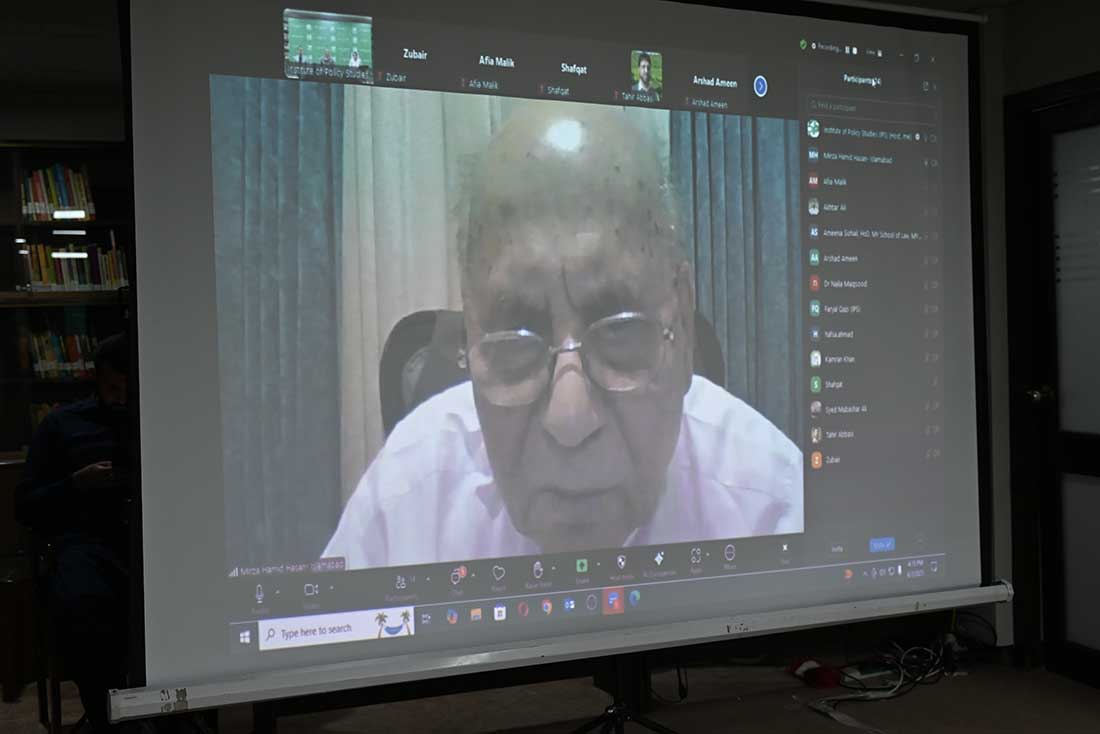
Khalid Rahman concluded the discussion by reflecting on the issue of overinvestment in power generation. He pointed to the extra generation planned for Special Economic Zones under CPEC, which largely failed to materialize, thereby contributing to the current crisis in the power sector, particularly in the form of capacity payments to IPPs and the rising circular debt. In this regard, he emphasized the importance of learning from global experiences while formulating long-term, locally grounded strategies.



